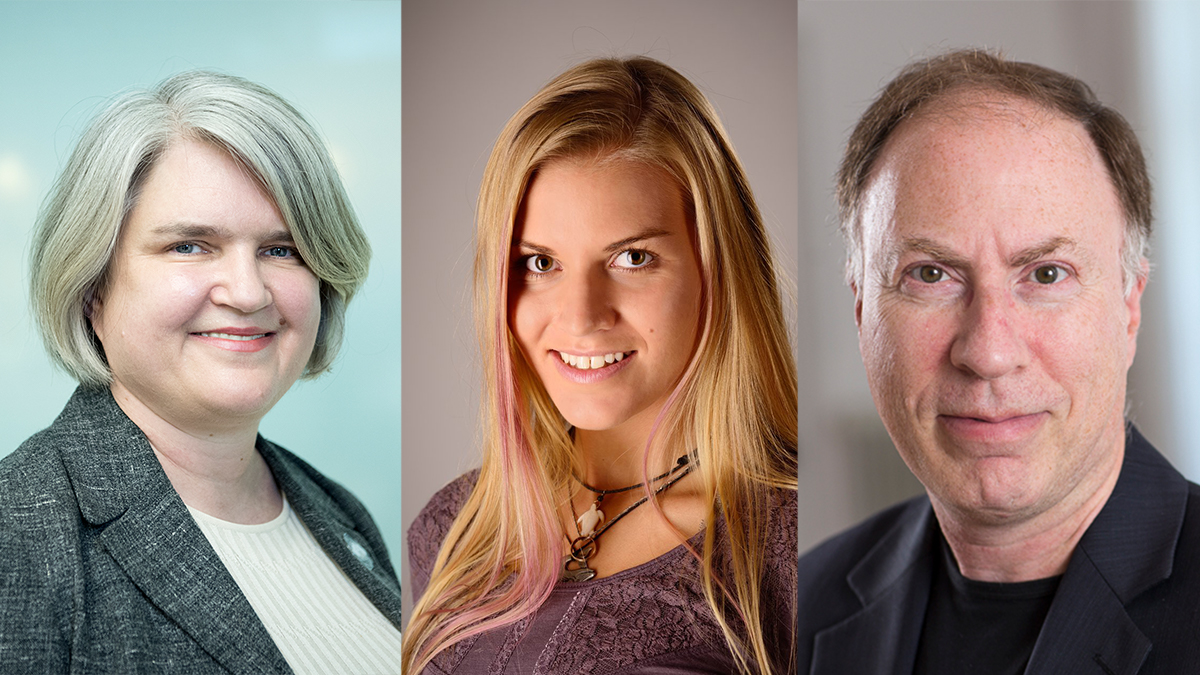Biodiversity is undergoing the sixth mass extinction. Tune in to hear Dr. Sonja Vermeulen, Christine Figgener and Jeremy Oppenheim discuss how food systems can safeguard earth.

The crisis you may have never heard of, biodiversity, or life on earth, is undergoing the sixth mass extinction. In our quest for more food, materials, energy, space – humans have “appropriated” nearly 50% of land globally. How can we save what’s left?
Food production is the single largest source of environmental degradation and impact on the Earth system. Our food system needs a safe operating space to conserve what’s left of biodiversity, oceans and land.
Learn more: The EAT-Lancet Summary Report.
Safeguarding land & ocean
Three years ago, marine biologist Christine Figgener shared a video of a suffering sea turtle with a plastic straw stuck inside the nostril.
The issue is the disconnect we humans have to our oceans. Whatever we do on land has an impact on our oceansChristine Figgener
The upsetting video reached 34 million views, and became an emblem of the anti-straw movement. In 2018, Christine was named a Next Generation Leader by Time Magazine. By connecting the way we use land and ocean, she seek to improve marine life.
Jeremy Oppenheim is the founder of SYSTEMIQ, an organization dedicated to transform market and business models in land use, raw materials and energy. He will roll up his sleeves and explain why we need a full-scale systems’ change to reverse the threats facing the planet.
Diverse diets can help
Dr. Sonja Vermeulen is one of the Commissioners on the EAT-Lancet report and a Food Lead Scientist. Her career has bridged natural and social sciences, with a strong focus on linking science with public policy and private sector strategies, particularly in Africa and Asia. Dr. Vermeulen provides us the facts about why the diversity on our plate, reflects the biodiversity across our earth.
This is the last episode of the Let’s Rethink Food podcast. Listen on your preferred podcast plattform: iTunes here. Spotify here. Podtail here.
Let’s Rethink Food
EAT’s new podcast Let’s Rethink Food takes a deep dive into the groundbreaking EAT-Lancet Commission on Food, Planet, Health.
For each episode, our hosts Dr. Hazel Wallace, The Food Medic and Dr. Sandro Demaio, CEO of EAT, set out to unpick the science and translate it into everyday action.
Tune in for the solutions to one of our most pressing issues globally: How are we going to feed a growing population healthy food without destroying the planet?